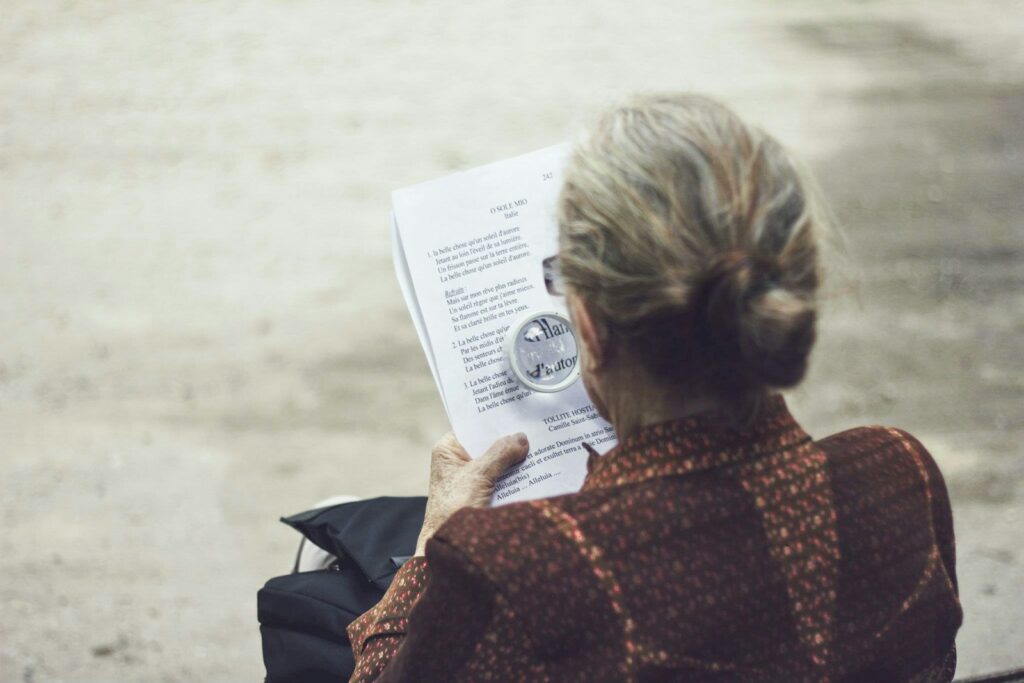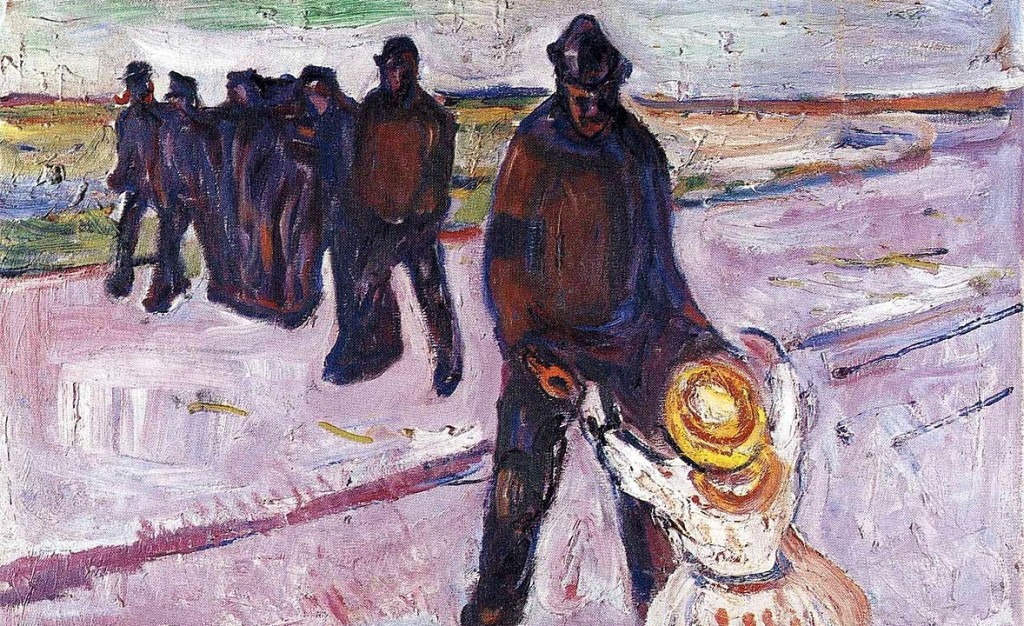
How Can We Make People Understand That Healthcare Is Not Free?
The answer is Solomonic – we should be asking a different question. Most people have a correct, rough idea that healthcare is not free and that someone, somewhere, somehow pays for it. Some people are even aware of health insurance contributions, and the most knowledgeable among them even know how much these contributions are in relation to their salary.









